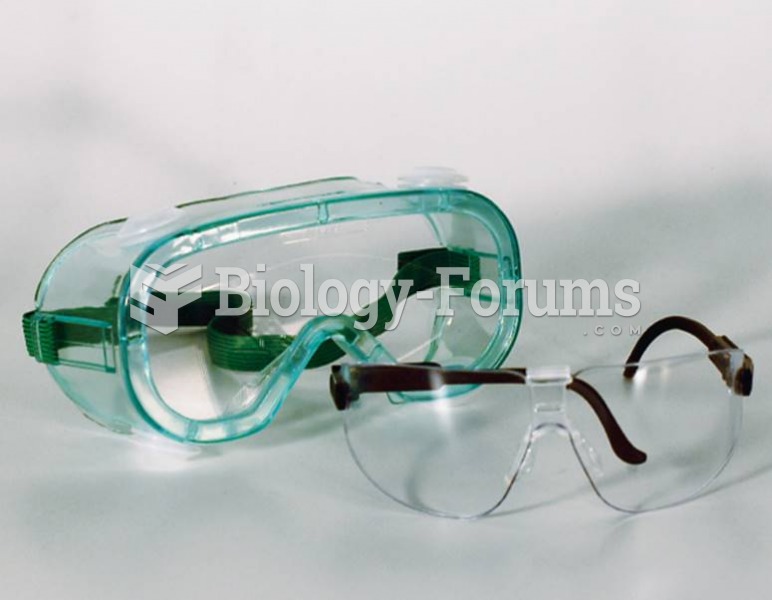|
|
|
A good example of polar molecules can be understood when trying to make a cake. If water and oil are required, they will not mix together. If you put them into a measuring cup, the oil will rise to the top while the water remains on the bottom.
The liver is the only organ that has the ability to regenerate itself after certain types of damage. As much as 25% of the liver can be removed, and it will still regenerate back to its original shape and size. However, the liver cannot regenerate after severe damage caused by alcohol.
Pope Sylvester II tried to introduce Arabic numbers into Europe between the years 999 and 1003, but their use did not catch on for a few more centuries, and Roman numerals continued to be the primary number system.
Amoebae are the simplest type of protozoans, and are characterized by a feeding and dividing trophozoite stage that moves by temporary extensions called pseudopodia or false feet.
Most childhood vaccines are 90–99% effective in preventing disease. Side effects are rarely serious.
 Photograph of an occupational therapist assisting a patient with learning independence in activities
Photograph of an occupational therapist assisting a patient with learning independence in activities
 Teaching women about the safety of drug use during pregnancy is an essential component of nursing ...
Teaching women about the safety of drug use during pregnancy is an essential component of nursing ...





